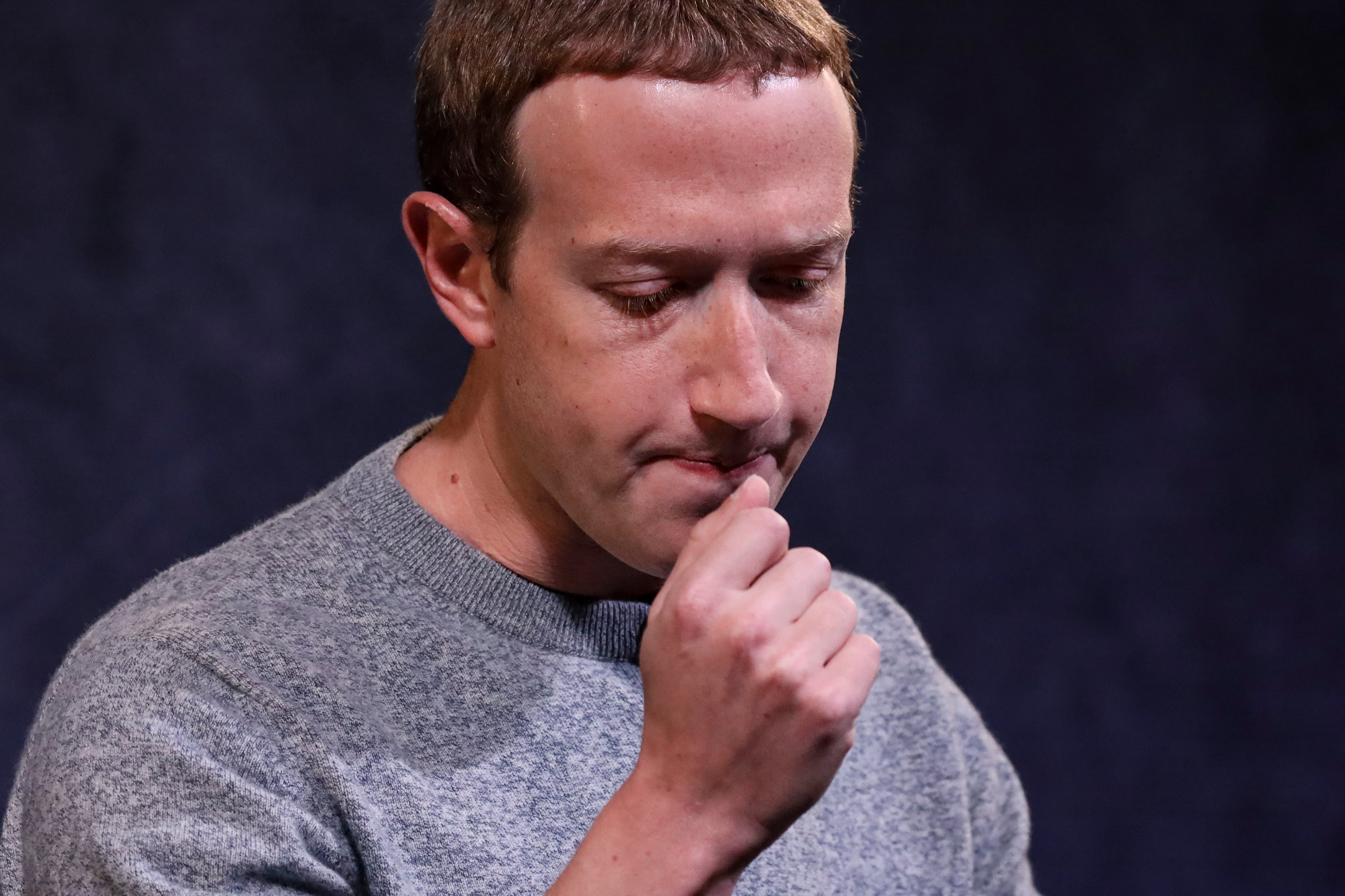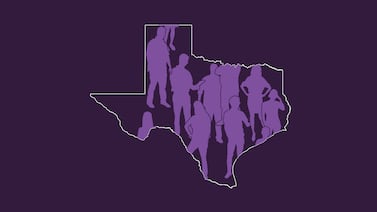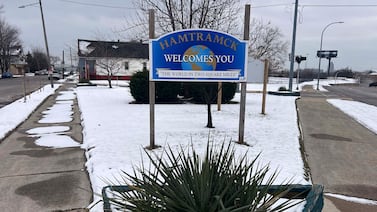A version of this post was originally distributed in Votebeat’s weekly newsletter. Sign up here.
A slew of states such as Florida and South Carolina have prohibited local election officials from accepting private donations for elections, leaving election officials around the country in the unenviable position of puzzling out exactly what’s banned. That isn’t as easy as it sounds.
Elections are complicated, and private resources could mean anything from free information technology services for server security to a church donating its use as a polling place. Nonprofits and public-private partnerships help election officials around the country access donated corporate resources, especially related to cybersecurity. The new laws don’t often seem to have been crafted with the intention of prohibiting such things, but some local election officials and groups are warily assessing the specific language in them while consulting lawyers to make sure they comply.
The new bans, of course, are part of the backlash to millions of dollars in private grants for the 2020 election that were primarily funded by Facebook founder Mark Zuckerberg and his wife, Priscilla Chan, but awarded by nonprofits. The grants became a flash point for conspiracy theorists who have falsely said the grants were aimed at defeating former President Donald Trump.
More than a dozen states had banned or restricted election administrators from accepting grants or resources from private organizations as of the end of March, according to Capital Research and NPR. Other states, such as South Carolina, have passed new laws banning the practice since then. They didn’t all use the same legislative language.
In Florida, for example, the law prohibits “any donation in the form of money, grants, property, or personal services from an individual or nongovernmental entity,” although the Florida Supervisors of Elections, which represents local election officials, successfully lobbied for language exempting the donation of polling places from the ban, said Wesley Wilcox, the supervisor of elections in Marion County. Wilcox said the association, which he headed until last month, has been forced to think about whether the law affects the resources and tools local election officials receive through the Cybersecurity and Infrastructure Security Agency (CISA), part of the U.S. Department of Homeland Security. “We’re having to expend mental capital on trying to figure some of these things out,” Wilcox said.
Many of the resources offered through CISA come from private companies and include tools such as Microsoft antivirus software. CISA also provides services such as vulnerability assessments. Some technology companies offer free or deeply discounted products and services directly to election offices. Cloudflare, via what it calls the Athenian Project, offers election officials free products that help election websites manage spikes in traffic.
Leigh Ann Acosta, Cloudflare’s director of public relations, said in an email that the company doesn’t believe the recently passed laws “apply to the program, but we are carefully following legal developments.”
Without the partnership with CISA, small election offices would have trouble accessing many sophisticated tools and products, Wilcox said. “None of them would have those services available to them based on their size.”
The new Florida association head, Mark Earley, the supervisor of elections in Leon County, said he is “pretty confident” local election officials can continue accessing resources that come via the federal government and aren’t the kind of direct private funding the law was crafted to prohibit. “I have heard no opinions and no briefings that we couldn’t make use of free resources being administered by CISA or Homeland Security,” he said. “I think that wouldn’t make any sense, frankly.” The Florida secretary of state’s office did not respond to Votebeat’s request for comment.
In South Carolina, the new law prohibits election officials from receiving, accepting, or expending “gifts, donations, or funding from private individuals, corporations, partnerships, trusts, or any third party not provided through ordinary state or county appropriations.”
Asked if the statute prohibits acceptance of the cybersecurity tools and resources coordinated by CISA or donation of polling places — unlike Florida, South Carolina’s statute doesn’t specifically carve those out — Chris Whitmire, a spokesperson for the South Carolina State Election Commission, said, “Our interpretation of this statute is that it is referring solely to funding.” A spokesman for South Carolina Attorney General Alan Wilson said his office has not yet been asked to provide an official interpretation of the statute.
In Kentucky, a spokesperson for Secretary of State Michael Adams, a Republican, said their law, too, does not prohibit nonmonetary contributions.
Meanwhile, at least some nonprofits and private-sector consultants and companies that work with election officials are themselves scrutinizing the new statutes, hoping to avoid putting local officials in a position of accidentally violating them.
Matthew Weil, the director of the Elections Project for the Bipartisan Policy Center, a nonprofit think tank that maintains a task force of local election officials to help weigh in on policy and best practices, said some members have grown nervous about participating because of the new laws — in some cases even hesitating to edit a document before checking with the county attorney. That shows how overly cautious election officials are being, he said, adding, “there are some counties that are just really concerned.” Weil said he’s also worried about instances where the think tank pays for the travel expenses to convene election officials to discuss policy.
Weil said lawmakers are responsible for passing clear laws but often don’t, leaving election officials to do their best to follow new rules at a time when they’re under attack. “As soon as someone can benefit from interpreting an overly vague law they’ll do that,” he said.
To that point, election officials across many states, including Pennsylvania, Michigan and Wisconsin, had to defend against lawsuits challenging their acceptance of the Zuckerberg grants for 2020 election costs, though judges ultimately ruled in their favor.
BPC crafted a statement last month saying the bans on private funding and donated resources “could have serious security ramifications for American elections,” and saying some of the new state laws are vague and overly broad. “The biggest current concern is that prohibitions on in-kind donations, particularly security products from tech companies, could leave election tech exposed. … If these types of tech-based donations are banned, the products could become unaffordable for election officials. Election offices will be left vulnerable to cyberattacks and interruptions in normal operations, which could have dangerous repercussions for our electoral process,” the statement said.
Jennifer Morrell, an elections expert and partner in the Elections Group, an elections consulting firm that provides many services to local officials pro bono, said her firm doesn’t want to do anything that could inadvertently put local election officials in legal jeopardy, “so we’ve been doing our own probing,” looking closely at the new laws and trying to make sense of them.
In fact, Morrell said some of the organizations that have traditionally provided free services may have to consider charging states or counties a fee of some sort In order to comply with the new laws.
In the meantime, election officials are making the best assessments they can, based on the language chosen by lawmakers.
A former state elections official, who requested anonymity because his current job has not cleared him to speak publicly about the matter, said he believes many of the new laws are too vague. “As an elections official, I would have a lot of hesitation in moving forward with accepting grants, accepting contracts that were below market value because they were offering us services because we were critical infrastructure,” the former official said, adding lawmakers have “taken a sledgehammer to something that probably needed a scalpel, policywise.”
As Florida’s Mark Earley put it, “How are you ever sure about anything in today’s litigious world?”
History In The Making
Hi, y’all, Jessica here, just for a second, in what’s normally our “Back Then” section.
We’re skipping our typical long view of voting history to instead talk about this week’s hearing before the Select Committee to Investigate the Jan. 6th Attack on the U.S. Capitol — the first of several. It is, after all, unprecedented. If there was any doubt that this panel would lay the violent events of that day at the feet of former President Donald Trump, Thursday night’s hearing put an end to that.
“Donald Trump was at the center of this conspiracy,” said Rep. Bennie Thompson, the Mississippi Democrat who chairs the committee. “And ultimately, Donald Trump, the president of the United States, spurred a mob of domestic enemies of the Constitution to march down the Capitol and subvert American democracy.”
Over two hours, the committee presented in-person testimony from a U.S. Capitol police officer and a documentary filmmaker, as well as video testimony from members of the Proud Boys, which allegedly led the charge into the Capitol that day. And crucially, they showed portions of video testimony from members of Trump’s inner circle and explaining that they understoodTrump had lost the election, and had said as much to the man himself.
Rep. Liz Cheney, the Republican vice chairwoman of the committee, said Rep. Scott Perry and “multiple other Republican congressmen also sought presidential pardons for their roles in attempting to overturn the 2020 election.” She didn’t provide details. But there are more hearings to come.
New From Votebeat
Thanks to Republicans, Arizona was an early adopter of voting early by mail without an excuse back in 1991. Now, the GOP is leading the charge to dismantle the very system they helped create, even though it’s wildly popular in the state.
In Other Voting News
- The recount in Pennsylvania’s U.S. Senate race didn’t really change the margin of victory for Mehmet Oz over David McCormick, the Philadelphia Inquirer reports, reinforcing the accuracy of the original results.
- The U.S. Supreme Court declined to stay a lower court’s decision to allow the counting of undated mail ballots in a Pennsylvania judicial race, though three justices dissented and said the court should rule in the matter before the November election.
- In Wisconsin, Assembly Speaker Robin Vos filled an open seat on the Wisconsin Elections Commission with lawyer Don Millis, a former member. Millis is now one of two Republican members eligible to chair the commission, which oversees elections in the battleground state.
- A federal judge ruled that Louisiana’s congressional map violated the Voting Rights Act. Despite Black voters making up roughly one-third of the state’s population, the map has them as a majority in just one of six districts. The judge said a new map must include at least two majority-minority districts. An appeals court subsequently temporarily stayed the ruling.
- State police are investigating breaches of electoral systems in Michigan made by Trump allies attempting to prove claims of fraud in the 2020 election, Reuters reports.
- Baltimore has only signed up 900 judges of the roughly 2,000 needed for the July primary. The lack of staff has forced the city to drastically reduce the number of precinct locations, from 296 to 103.
- Late election poll worker and Princeton University employee Laura Wooten will have a university building renamed after her in honor of her commitment to public service. Wooten, who died in 2019, is being recognized for 79 years of serving as a poll worker, the longest such tenure in the country.
Carrie Levine is Votebeat’s story editor and is based in Washington, D.C. Contact Carrie at clevine@votebeat.org.




